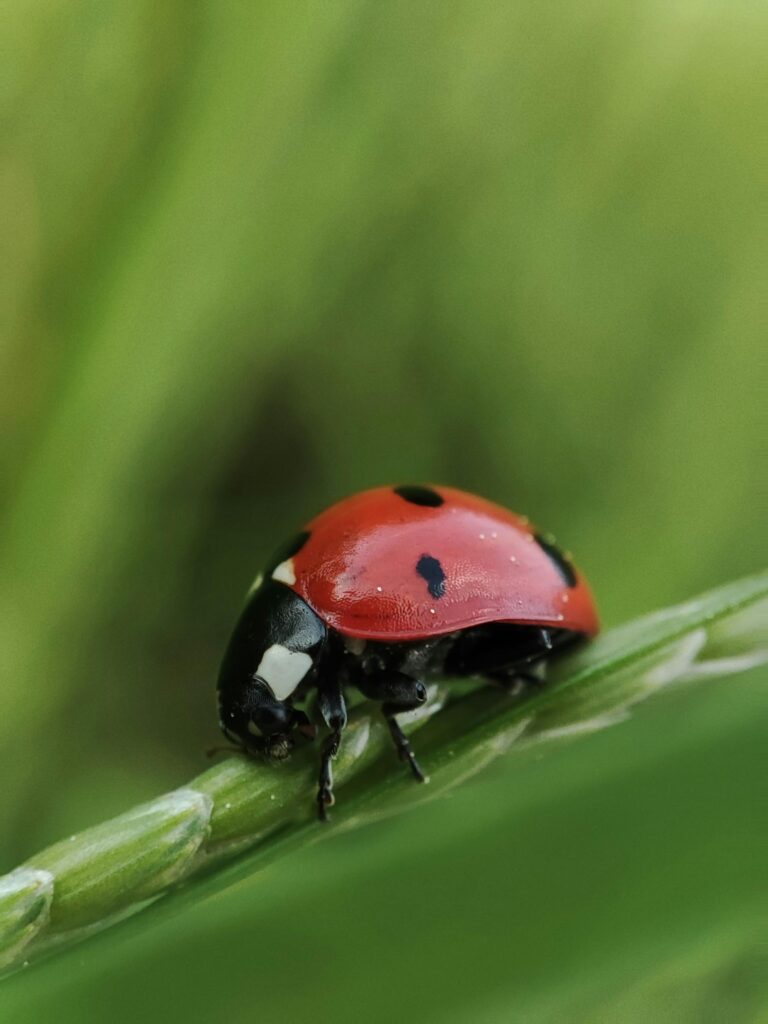In today’s world, where environmental concerns are escalating, finding sustainable solutions to reduce our carbon footprint is crucial. Insect farming emerges as a promising alternative to traditional livestock farming, such as cattle and pigs, which are notorious for their significant greenhouse gas emissions.

Insects have a low body mass and convert feed into body mass very efficiently. They require fewer resources and produce less waste compared to traditional livestock. Additionally, they can be fed with by-products from our food systems that are otherwise wasted, minimizing waste and environmental impact.
Insect farming also has the advantage of requiring less space and water than traditional livestock farming, allowing for higher density production and better land use. Furthermore, insects can be raised in controlled environments, reducing the risk of disease and infection.
By embracing insect farming, we can move towards a greener and more environmentally friendly agriculture. It’s a significant step towards sustainable food consumption and reducing our global carbon footprint.
